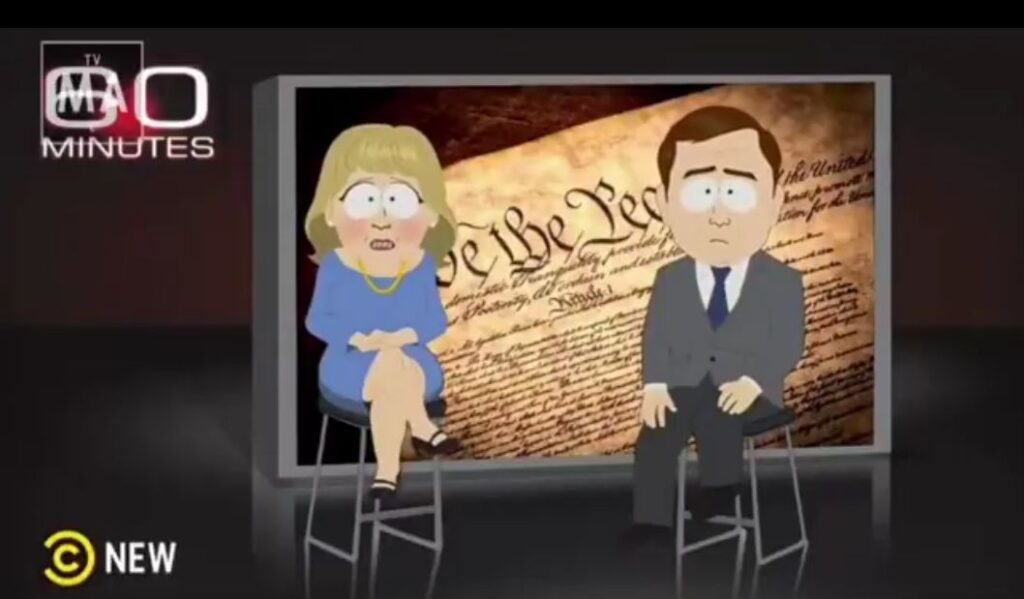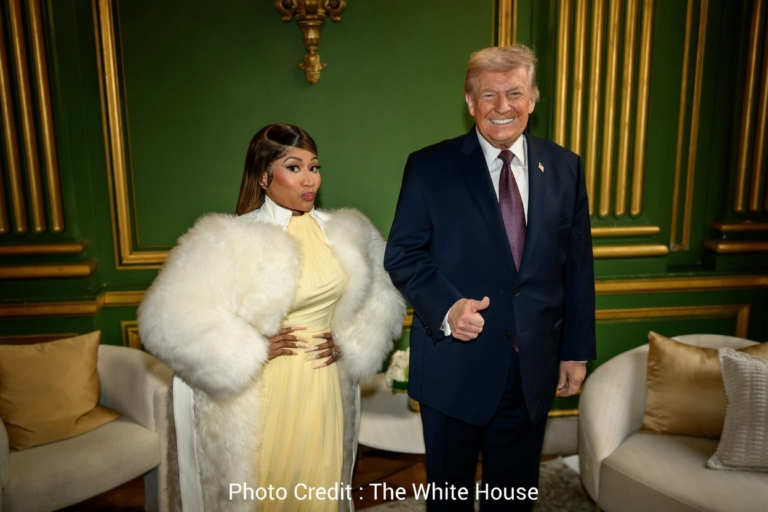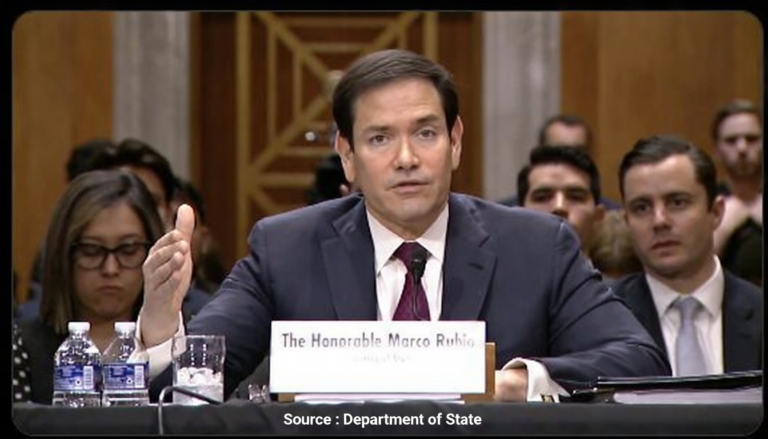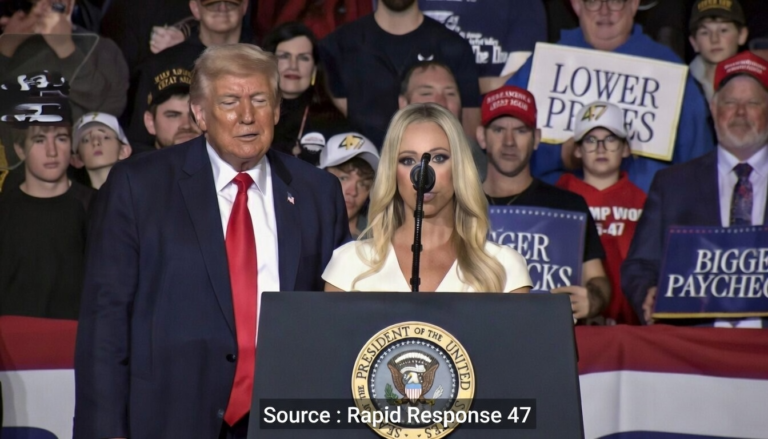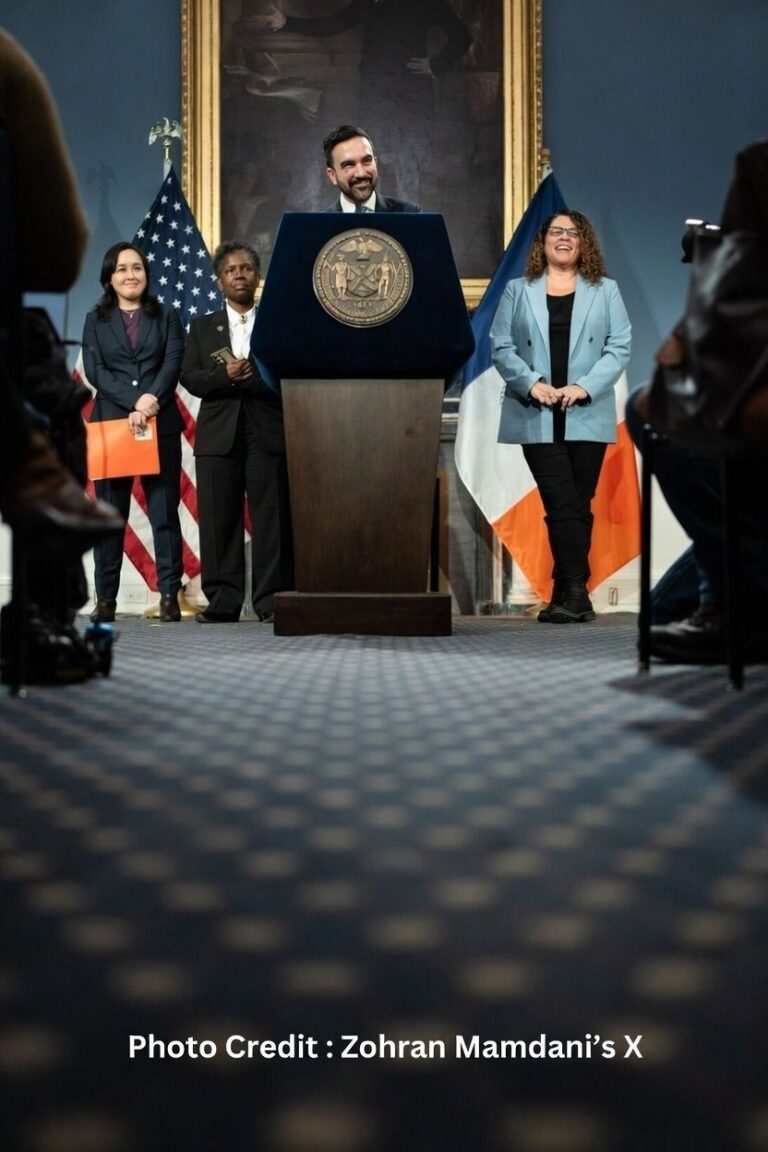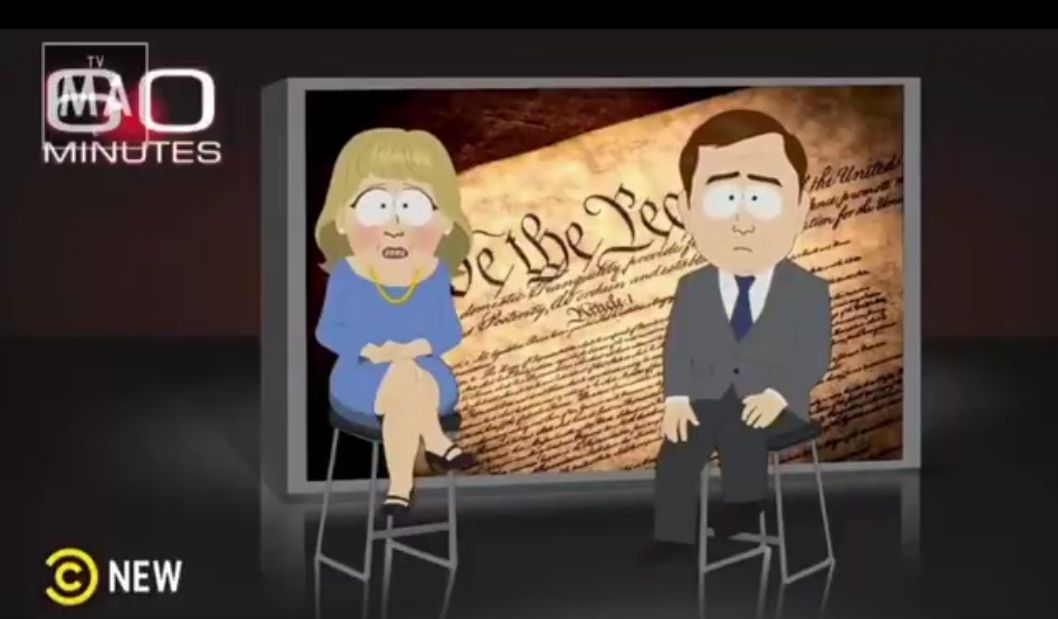
LOS ANGELES, July 25, 2025 — The animated series *South Park* has once again stirred controversy with its latest episode, targeting National Public Radio (NPR) and CBS’s *60 Minutes* in a biting critique that mirrors real-world political and media tensions. The episode, which aired on Thursday, July 24, 2025, comes on the heels of President Donald Trump’s decision to slash funding to NPR and his high-profile lawsuit against CBS, settled earlier this month for $16 million to be directed to Trump’s future presidential library.
In the episode, the character Eric Cartman derides NPR as “the funniest show ever where all the lesbians and Jews complain about stuff,” a line that has sparked both laughter and outrage online. This satirical jab aligns with the broader narrative of media bias that led to Trump’s administration cutting $1.1 billion from public broadcasting, a move backed by a bill passed by Congress. The episode’s timing is particularly poignant, following Trump’s accusation that *60 Minutes* edited an interview with Vice President Kamala Harris, a claim that culminated in a lawsuit against CBS and its parent company, Paramount Global.
The lawsuit, settled without an apology but with a significant financial payout, has intensified scrutiny on legacy media outlets. Paramount agreed to pay $16 million, with Trump anticipating an additional $20 million in advertising or programming from new owners, totaling over $36 million. This settlement, announced on July 23, 2025, underscores the episode’s relevance, as *South Park* lampoons the very institutions at the center of these disputes.
*South Park* creators Trey Parker and Matt Stone have long been known for their unapologetic satire, targeting both liberal and conservative figures and institutions. The episode’s release coincides with the show’s renewed cultural significance, having secured a massive contract extension that contrasts sharply with the recent cancellation of CBS’s *The Late Show with Stephen Colbert*. This shift reflects broader changes in media consumption and the political landscape, where traditional outlets face increasing challenges from both policy decisions and public perception.
The episode also touches on the domestic and international backlash against NPR and PBS, with Alabama Public Television executives blaming “bias problems” for the funding cuts. Wayne Reid and Jack Williams of APTV told *Capital Journal* that they anticipated the move due to perceived biases, a sentiment echoed in *South Park*’s portrayal of media as out of touch with broader audiences.
As fans and critics dissect the episode, its impact extends beyond entertainment, offering a commentary on the ongoing debate over media accountability and the role of public broadcasting in a polarized era. With *South Park*’s history of prescient satire, from the Swift Boat Veterans’ challenge to John Kerry to the downfall of Dan Rather, this latest installment continues to provoke thought and discussion on the intersection of politics, media, and culture.
